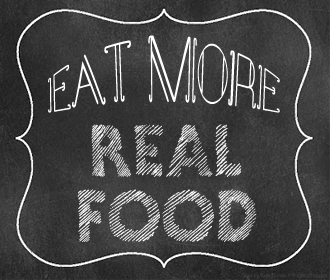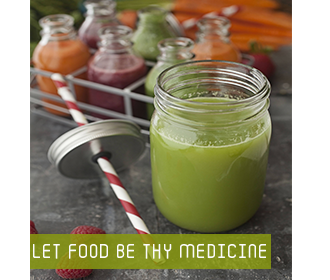Breads, spicy kimchi, pickles, kombucha, miso…that sharp, tongue-tickling taste is familiar to many of us: they’re the strong flavours of fermented foods.
Fermented foods have exploded in popularity the past few years. But what are fermented foods, and why are they so good for us?
Fermented foods, simply put, are foods that are chemically changed by the action of microorganisms. These can include yeasts or bacteria. For example, most of us know that the basic chemical reaction for beer brewing is the conversion of sugar to alcohol and carbon dioxide by yeast, rendering the yeast inactive (or dead) in the process. This is the same reaction that makes dough rise in gluten-rich bread, except the yeast is active (alive). Many types are used as supplements. They are beneficial in the following ways:
- Affordability: making your own fermented foods with the right supplies can be cheaper than buying any probiotic at the store. (Try one of Nourished Kitchen’s recipes)
- Increased bioavailibity: Nutrients are broken down (for example, lactose), which help with digestion and absorption of vitamins and minerals and may reduce stomach upset
- Preservation: fermented foods can easily be preserved for months, and you can ferment nearly anything-salsas and sauces are one example.
Done properly, fermented foods have very few health drawbacks and can be incorporated into almost every diet.
Lactobacillus and bifidobacteria are bacteria that we call probiotics (what the yogurt commercials advertise). They’re known to help with digestion as well as having a host of other benefits. Some examples of bacterially fermented foods are:
- Cheese
- Miso
- Tempeh
- Pickles
- Yogurt
Two bacterially fermented foods that are widely available that you may not have considered may be:
1. Kefir milk: it can be sheep, goat, or cow milk. It is low in lactose and high in vitamins B12, calcium, and biotin. Some macronutrients are more easily utilized than in regular dairy as the bacteria has partially broken them down already. It may also help manage inflammation in colitis. It has a sour taste that makes it great for salad dressings, soups, and baked goods. You can buy it at most health food stores.
*Note: Lids on containers may ‘puff up’ and appear spoiled, but this is just due to the carbon dioxide produced during the fermentation process.
2. Sauerkraut: most of the sauerkraut we buy is not fermented, however, unpasteurized/raw sauerkraut is available at many health food stores. Sauerkraut is high in lutein and zeaxanthin, which are important for eye health, and vitamin C, as well as giving that powerful dose of probiotics that our digestive system needs. And sauerkraut can be used any time of year: it goes well as a side-dish to meats and stews, it can be stirred in to give a pickle-y punch to soups, or add zest to salads.
For yeasts, we will focus on the health benefits of inactive yeasts. There are two main types inactive yeasts that are popular as nutritional supplements: brewer’s yeast and nutritional yeast.
1. Brewer’s yeast is a by-product from beer brewing, and is often sold in supplements. The yeast is usually non-living and dried, with a strong, bitter taste. Brewer’s yeast is rich in the mineral chromium, which helps manage blood sugar, as well as being a good source of B vitamins and protein. It is not suitable for people with sensitivities to gluten.
2. Nutritional yeast is popular amongst vegans and vegetarians, sold in flakes and powders. It is said to have a nutty, cheesy taste, which is why it is often an ingredient in cheese substitutes. Like Brewer’s yeast, it is rich in B vitamins and protein and may be fortified with vitamin B12, needed for proper neural function and energy production.
Who should not use yeasts: People on certain medications, like Monoamine Oxidase Inhibitor antidepressants-always check with a healthcare provider before supplementing with any type of yeast. Another potential interaction is with people who have inflammatory bowel diseases like Crohn’s and ulcerative colitis, because they seem to have antibodies against the species of yeast used in Brewer’s and nutritional yeast (s. cerevisiae) that may increase inflammation to the bowel wall. Some people who have issues with MSG also have issues with dietary yeasts.
I would encourage you to try out fermented foods; they can often be found already prepared at health food stores and farmer’s markets. The taste may take some getting used to but they’re very beneficial to your digestive system.










